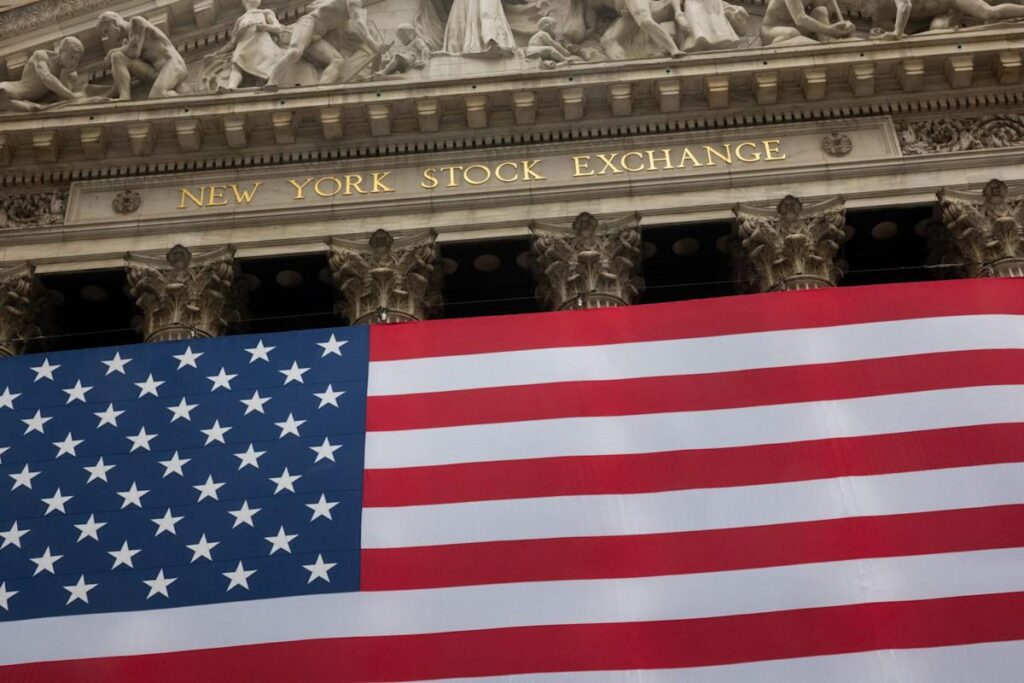U.S. outperformance in the global economy and across financial markets is fading as President Donald Trump’s tariffs weigh on growth prospects and send investors to seek gains elsewhere. U.S. stocks are down so far this year and the Nasdaq slipped into correction territory, while European and Chinese stocks are soaring.
A few months ago, the U.S. economy and financial markets looked unstoppable, while Europe and China were struggling to break out of prolonged weakness. But that is turning upside down as President Donald Trump presses ahead with a tariff agenda that’s meant to put America first.
After predicting continued «American exceptionalism,» Wall Street has suddenly turned more pessimistic. On Friday, analysts at Bank of America said «U.S. exceptionalism is fading» and warned recent economic reports point to a growing likelihood of stagflation—a combination of weak growth and high inflation.
Michael Brown, senior research strategist at Pepperstone, was more blunt, saying late Thursday that the dollar is tumbling «with jitters over the state of the U.S. economy continuing to exert considerable pressure, and the ‘U.S. exceptionalism’ theme now being in tatters.»
The White House told Fortune in a statement that tariffs played a key role in America’s industrialization, stretching back to the 1800s and President William McKinley.
«President Trump was elected with a resounding mandate to institute his America First economic agenda of tariffs in addition to deregulation, tax cuts, and the unleashing of American energy,» spokesman Kush Desai said. «Trillions of dollars in investment commitments from Apple, TSMC, and other industry leaders are indicative of the successes in store for America under President Trump.»
To be sure, U.S. growth was already expected to cool a bit from robust gains to still-solid expansion. But in recent weeks, a range of economic indicators has started worsening, including consumer spending and inflation expectations, as tariffs loom.
Surveys of businesses have also highlighted growing concern about tariffs and uncertainty about where they’re headed. In addition to tariffs on Mexico, Canada and China, Trump has threatened tariffs on steel, aluminum, the EU, chips, autos, and pharmaceuticals, as well as retaliatory duties across all trade partners.
The Atlanta Fed’s GDPNow tracker shows the first quarter is currently on track for a 2.4% contraction after signaling a 1.5% decline last week and reversing from 2.3% growth on Feb. 19. While the widely followed indicator can be volatile and was hammered by a deeper trade deficit, Wall Street analysts are downgrading their U.S. growth views.
Story Continues


